IS005 - Advances and applications of particle-based methods for the simulation of coupled problems
Keywords: DEM, MPM, particle methods, PFEM, SPH
Classical numerical methods such as Finite Element Methods (FEM), Finite Difference Methods (FDM), and Finite Volume Methods (FVM) are well-established and widely used techniques in several scientific and engineering fields. However, these approaches have limitations when dealing with large displacements and deformation regimes, or when the assumptions of continuum mechanics are not met. Particle-based techniques have been proposed, validated, and adopted worldwide to address these limitations of standard numerical methods and to enhance them with new features and capabilities. A common characteristic of Particle Methods is the representation of the material domain using particles. Some of the most popular continuum-based Particle Methods include Smoothed Particle Hydrodynamics (SPH), the Material Point Method (MPM), the Particle Finite Element Method (PFEM), and the Moving Particle Semi-implicit (MPS) method. In the discrete framework, the Discrete Element Method (DEM) is particularly noteworthy. This invited session aims to present the latest advancements in Particle Methods for coupled and multiphysics problems, along with their applications in various scientific and engineering fields. We welcome innovative formulations and novel particle techniques, as well as their applications in civil, mechanical, aeronautical, biomedical engineering, and other applied sciences.

